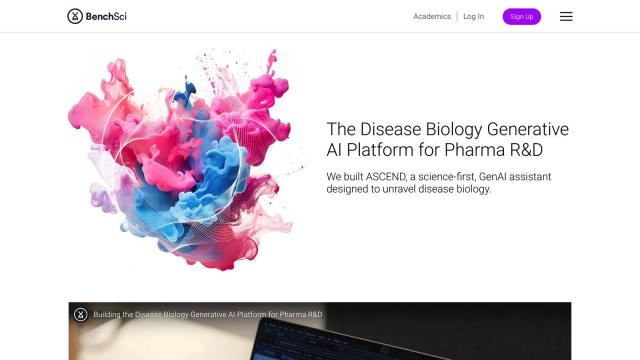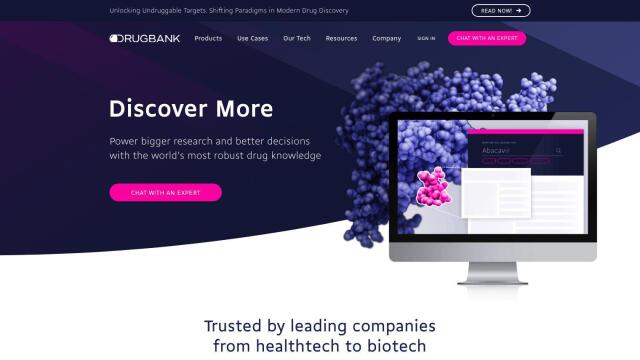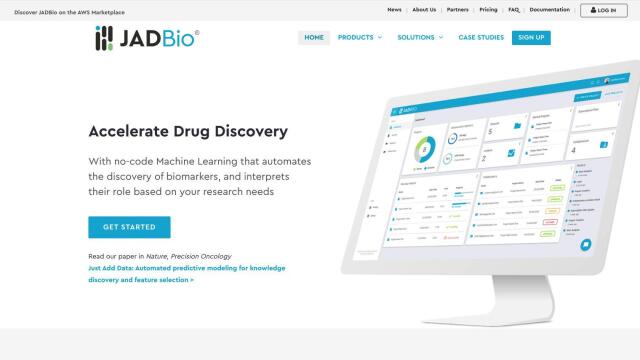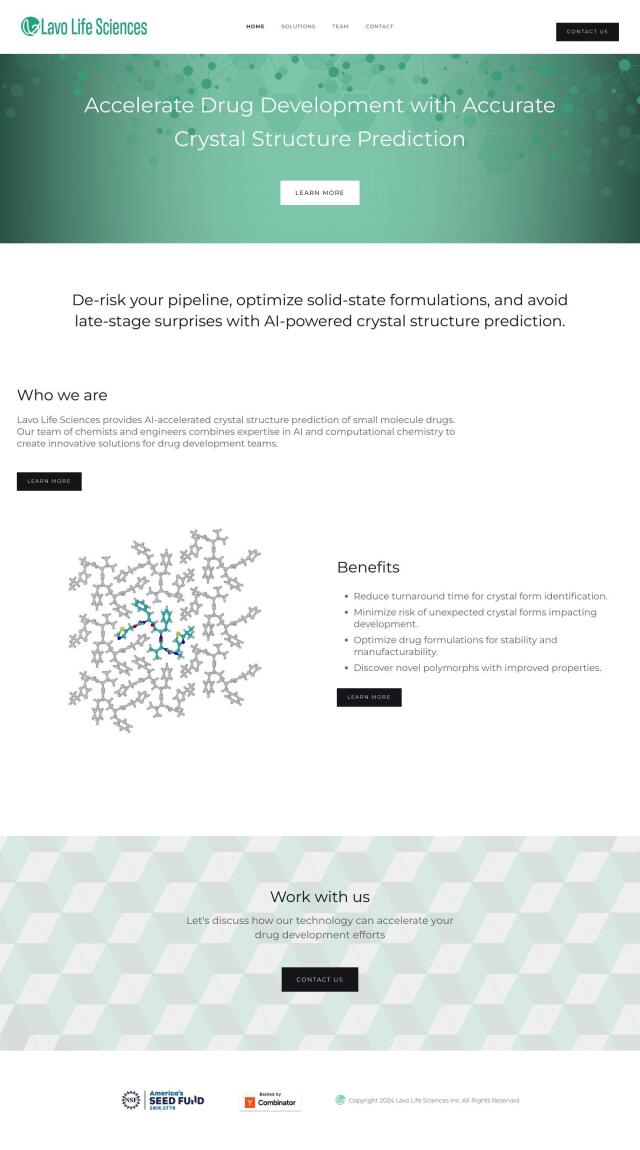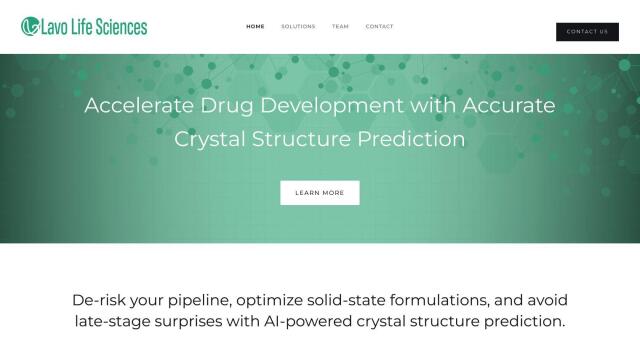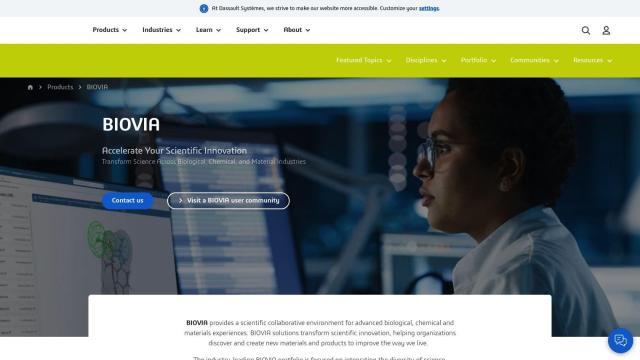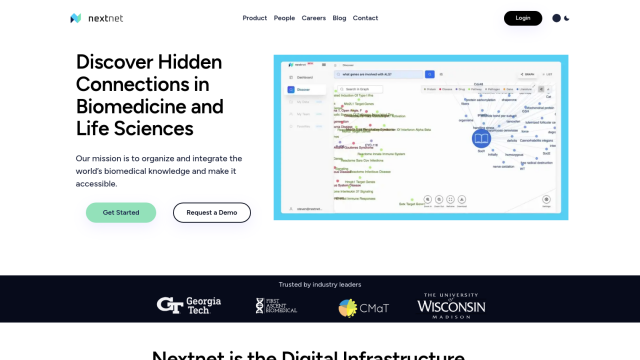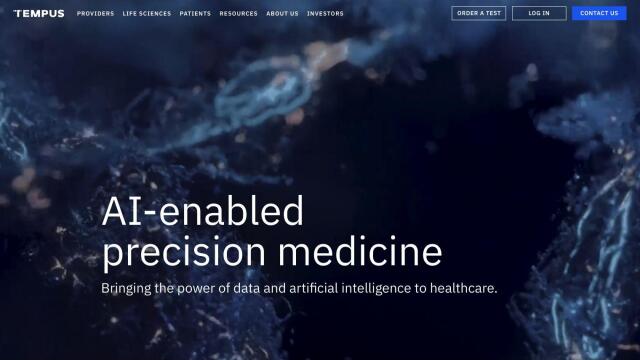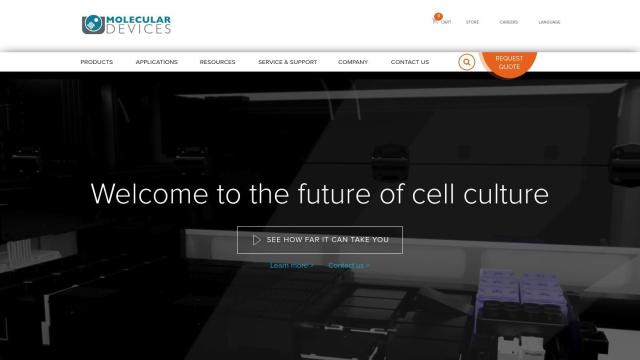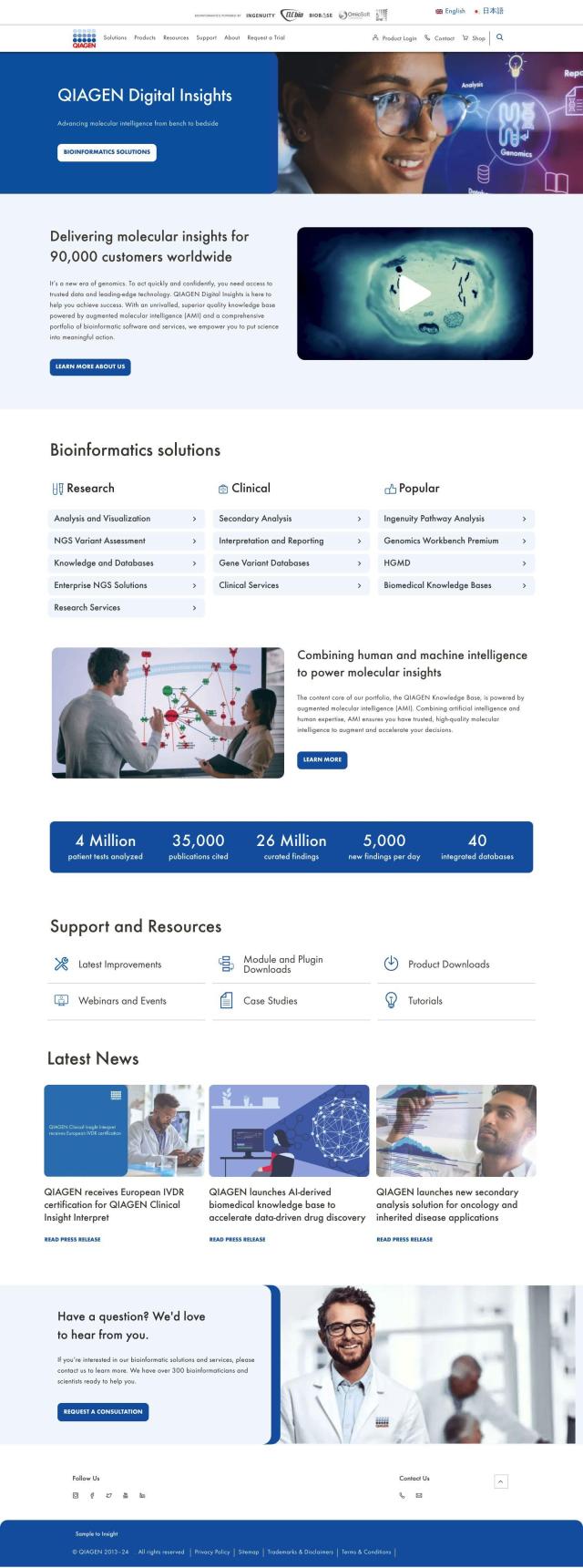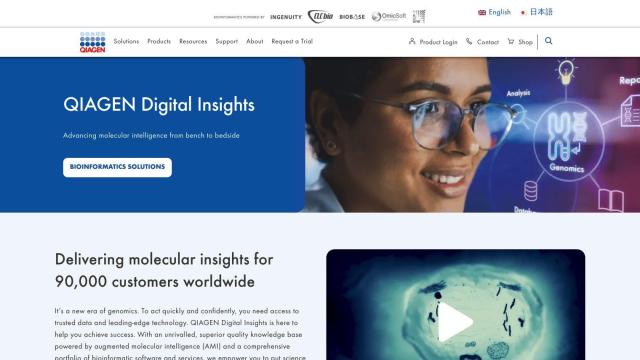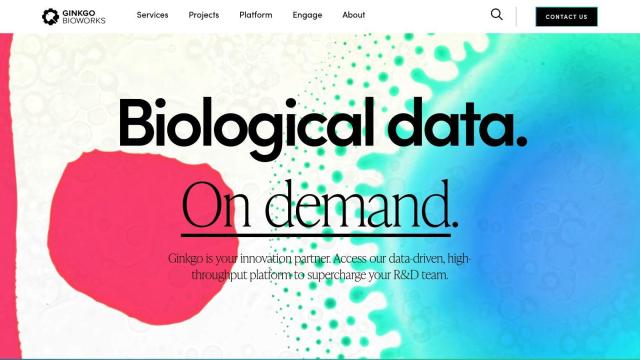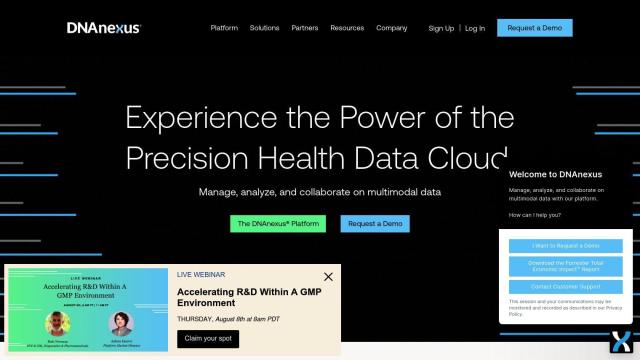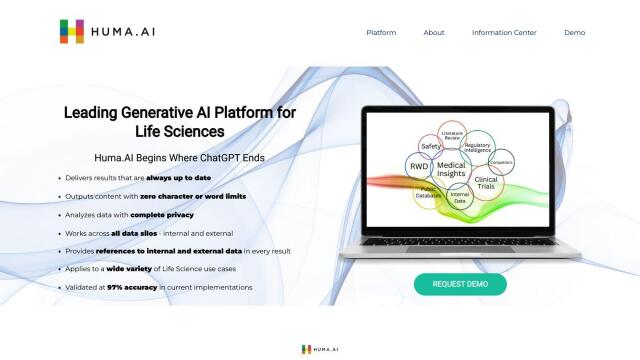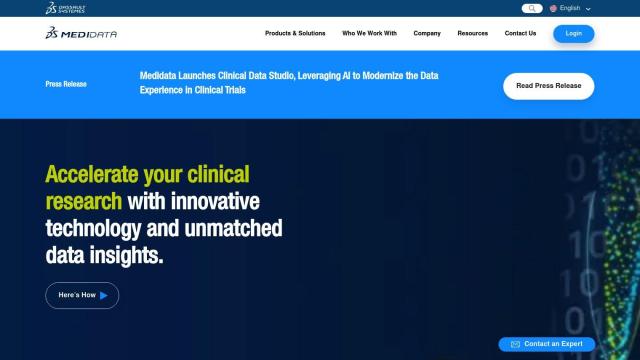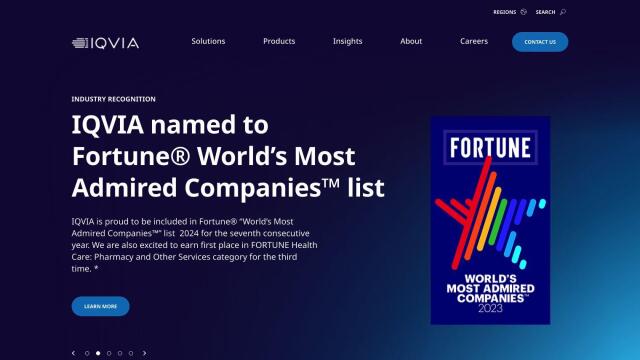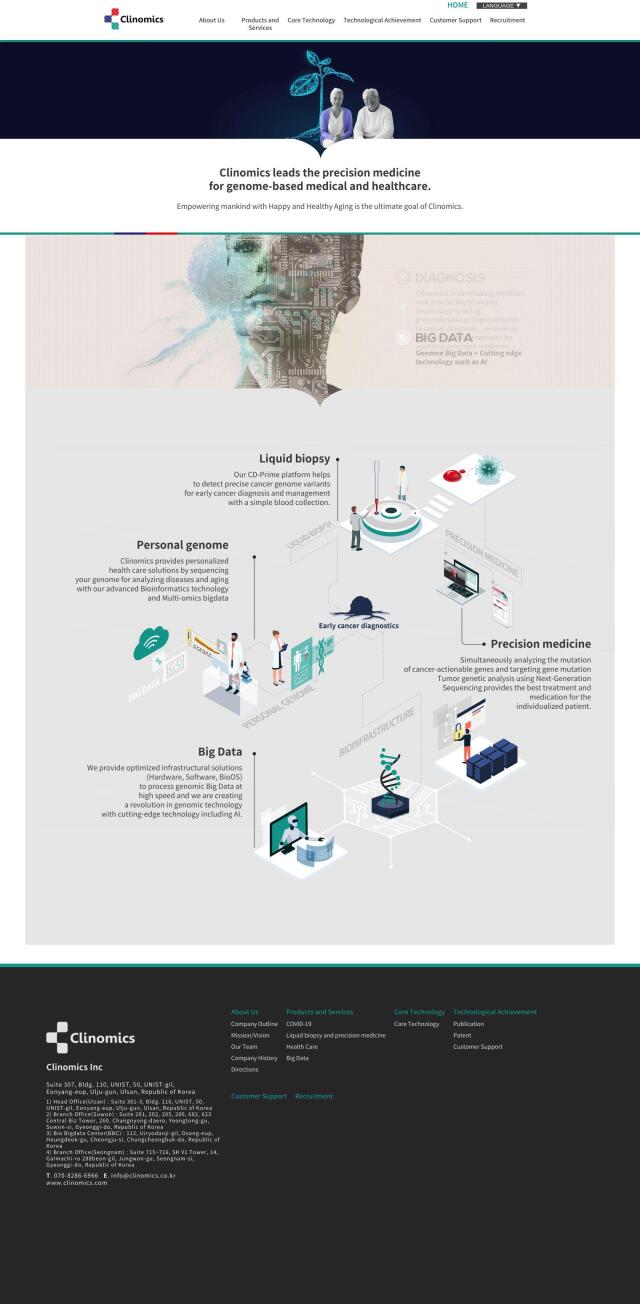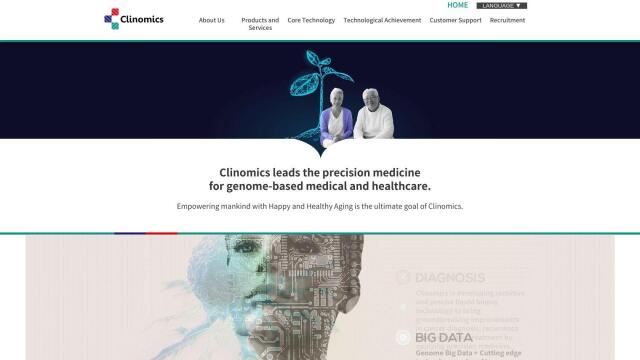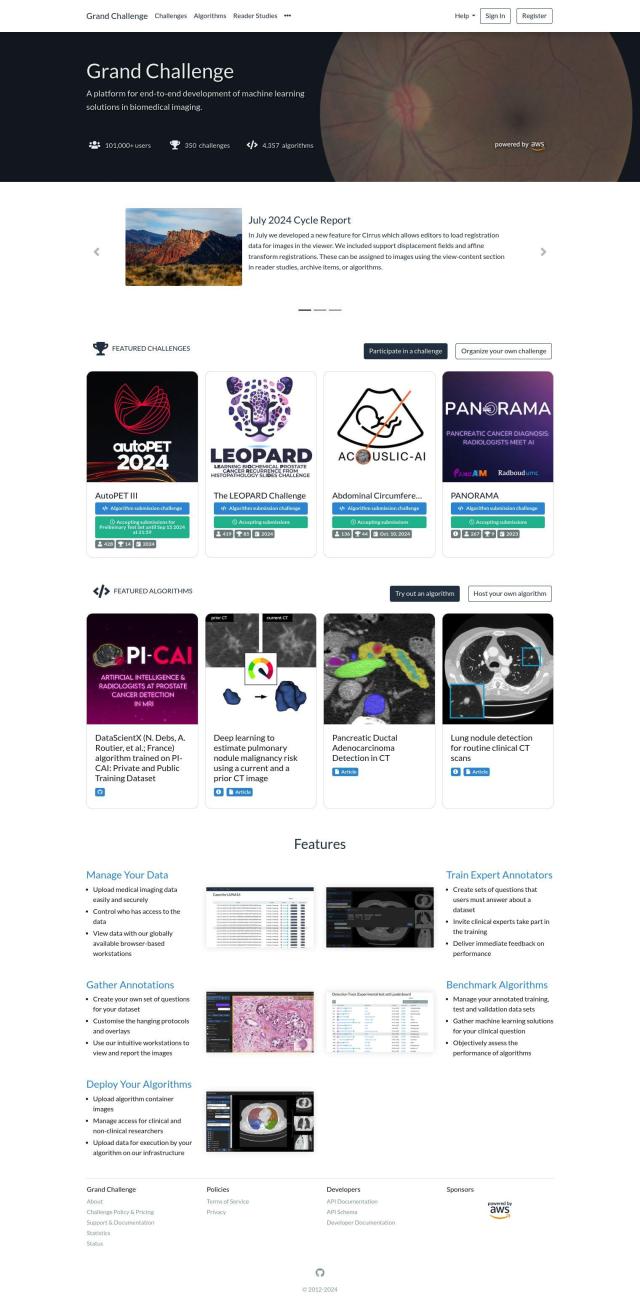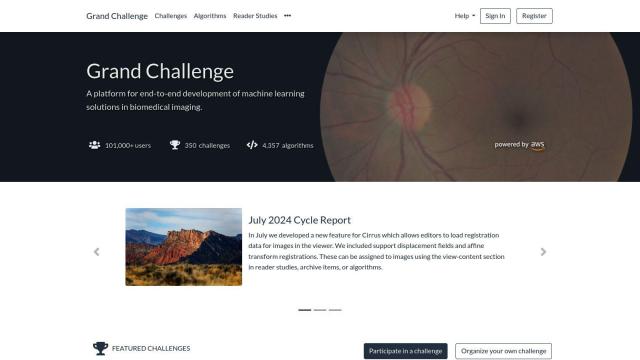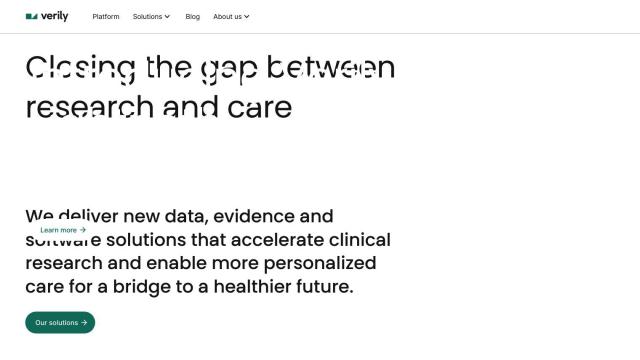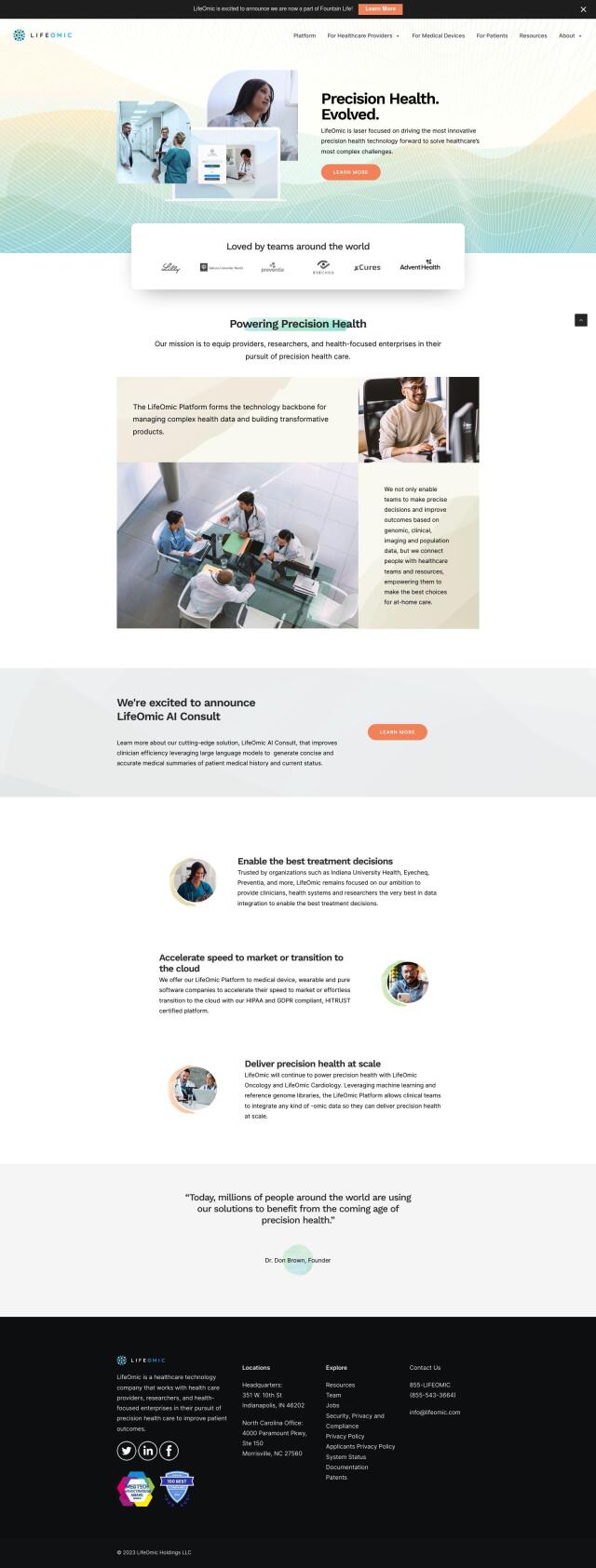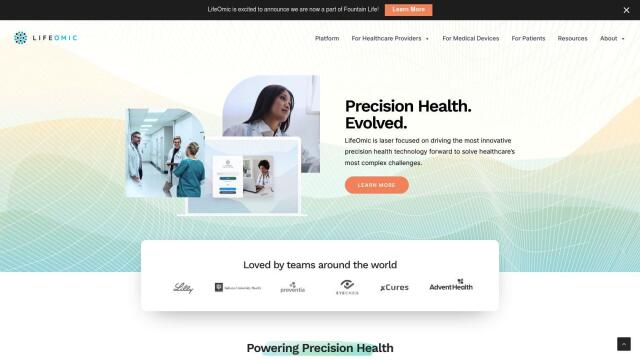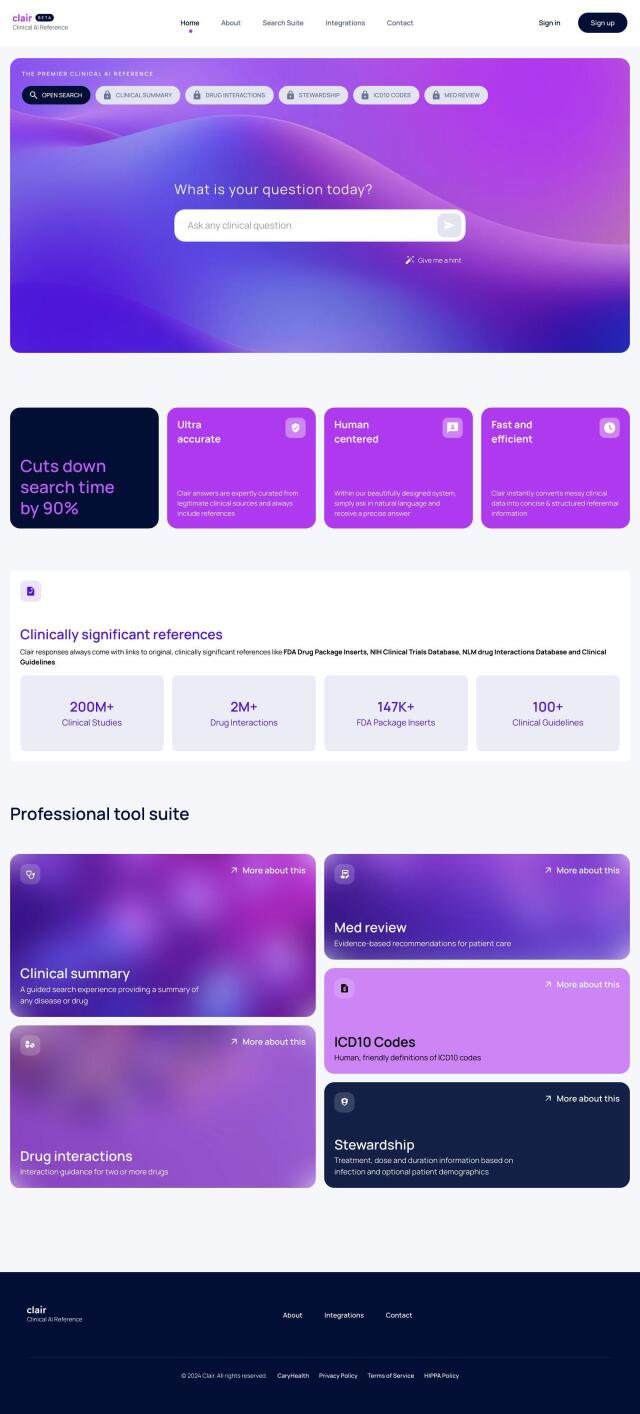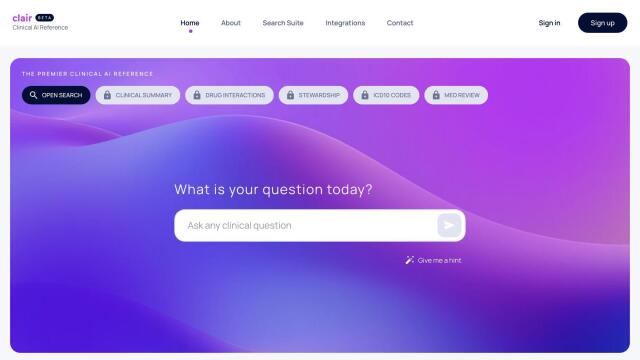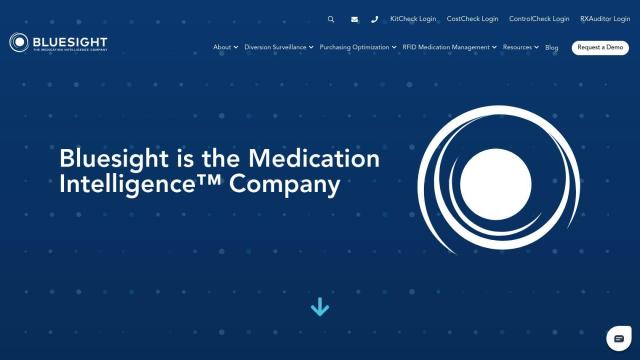Question: I'm looking for a solution that can identify potential small molecule drugs for difficult or poorly classified targets.
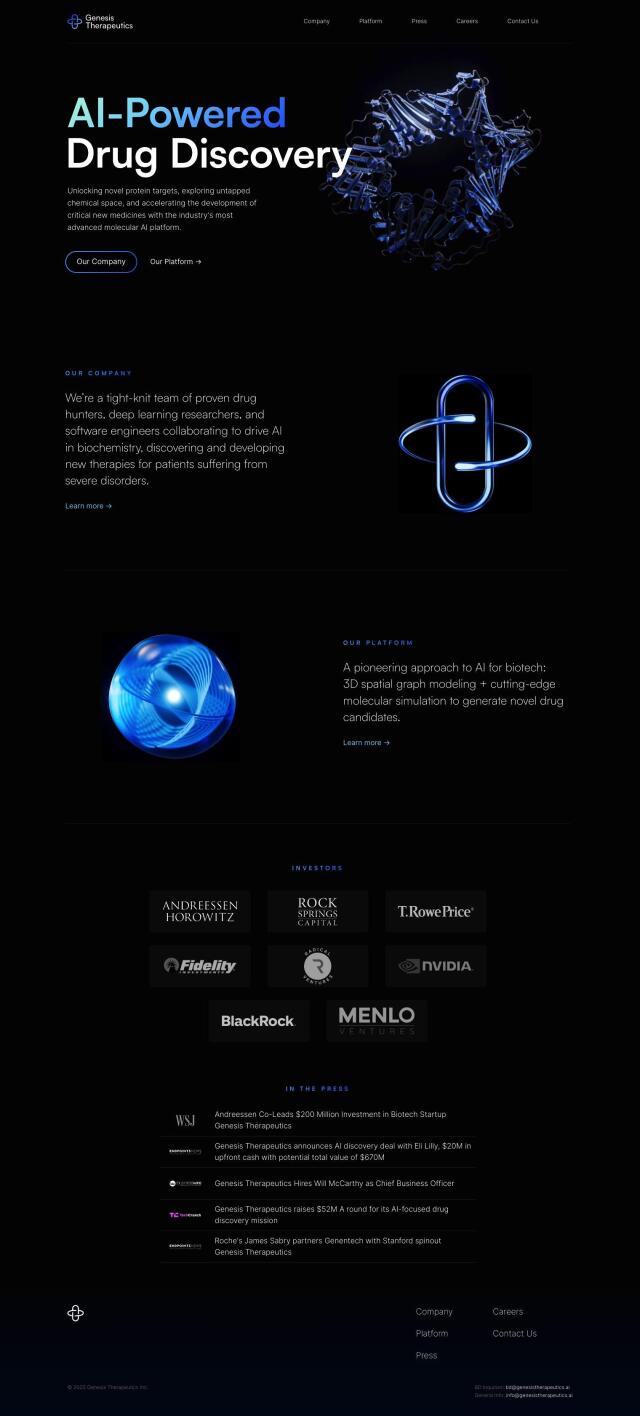
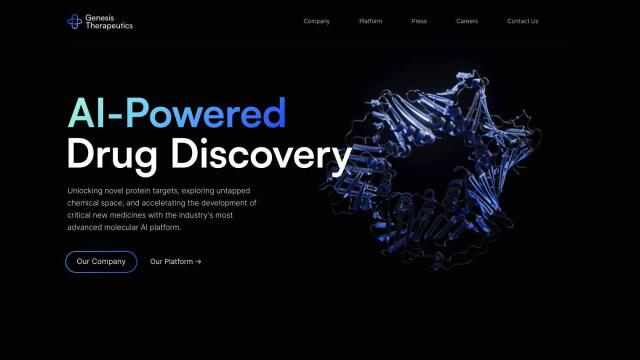
Genesis Therapeutics
If you're looking for a way to find possible small molecule drugs for hard or poorly annotated targets, Genesis Therapeutics has a potentially useful platform. It marries 3D spatial graph modeling, molecular simulation and deep learning to predict properties and generate molecules. The company's Dynamic PotentialNet technology uses machine learning to predict potency, selectivity and ADMET properties, so it should be good at handling hard biological targets.
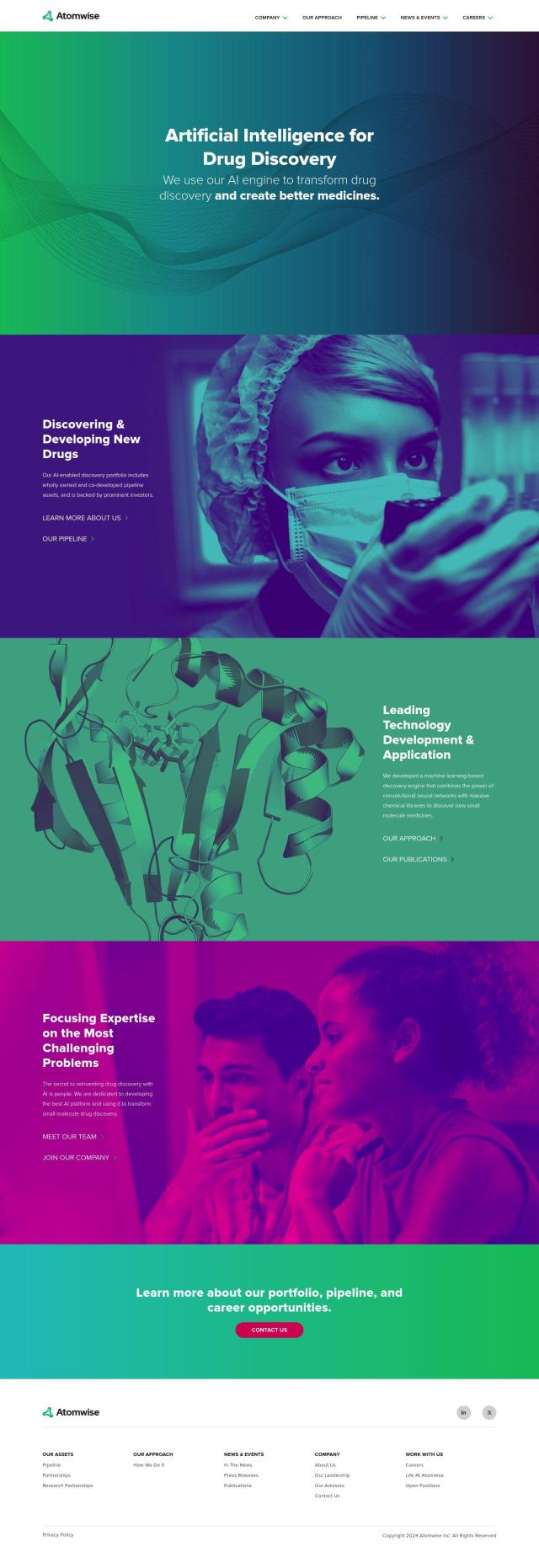
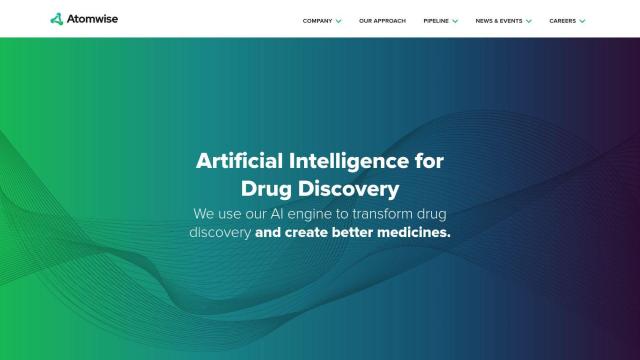
Atomwise
Another contender is Atomwise, an AI-based drug discovery platform that uses convolutional neural networks and large chemical libraries. Atomwise can handle poorly annotated targets and computationally explore vast chemical space. Its scalable discovery engine and continuous training data generation means it's designed to find new small molecule medicines efficiently.

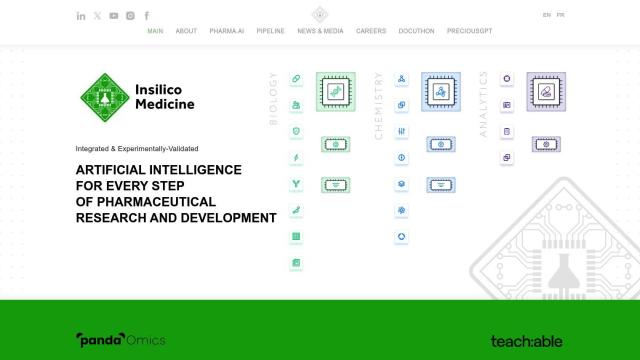
Insilico Medicine
If you want a broader approach, Insilico Medicine has an AI-based platform that speeds pharmaceutical research by accelerating target identification, molecule design and clinical trial outcome prediction. With tools like PHARMA.AI and Chemistry42, it has a collection of integrated drug discovery software that can reduce the cost and speed of traditional drug discovery, making it a good option for finding life-saving drugs.

